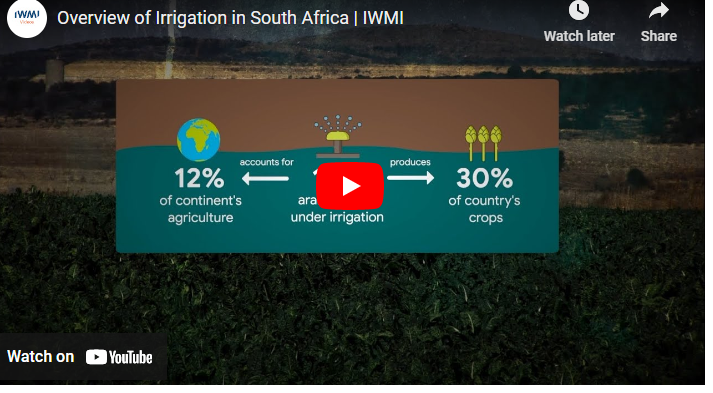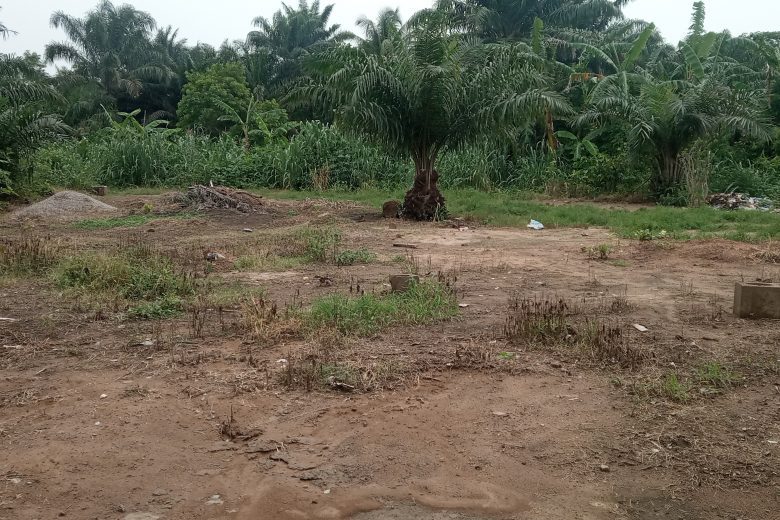Onions are easy-to-grow vegetable, but they need just the right amount of nutrients to grow to their full potential. The best fertilizer for onions will provide the essential nutrients they need to thrive. Nitrogen, phosphorus, and potassium are the three main elements required for most crops, and these are essential for onions as well.
15 Best Fertilizer To Grow Onions [Inorganic & Organic]
There are essential materials needed for good onion production which will be writing on shortly, but for now before writing on the essential elements that onions need to grow, here are the 15 best fertilizers for onions:
1. Animal Manures:
Animal manures such as cow, horse, and chicken manure are all excellent sources of nitrogen and other essential nutrients. They are easy to find and can be added directly to the soil or used as a fertilizer.
2. Blood Meal:
Blood meal is a great source of nitrogen and can be added to the soil or used as a fertilizer. It will provide the onions with the nitrogen they need for healthy growth.
3. Urea:
Urea is a source of nitrogen and can be added to the soil or used as a fertilizer. It is a great source of nitrogen and can help promote healthy onion growth.
4. Rock Phosphate:
Rock phosphate is a source of phosphorus and should be added to the soil before planting the onions. It will help the onions to develop strong roots and produce healthy bulbs.
5. Sulfate of Potash:
Sulfate of potash is a source of potassium and should be added to the soil before planting. It will provide the onions with the potassium they need for photosynthesis and strong leaf growth.
6. Potassium Nitrate:
Potassium nitrate is another source of potassium and can be added to the soil or used as a fertilizer. It will provide the onions with the potassium they need for photosynthesis and strong leaf growth.
7. Compost:
Compost is an excellent source of trace elements and should be added to the soil before planting. Compost is easy to make and will provide the onions with the trace elements they need for healthy growth.
8. Fish Emulsion:
Fish emulsion is another great source of trace elements and can be added to the soil or used as a fertilizer. It will provide the onions with the trace elements they need for healthy growth.
9. Seaweed Extract:
Seaweed extract is a great source of trace elements and can be added to the soil or used as a foliar spray. It will provide the onions with the trace elements they need for healthy growth.
10. Ammonium Nitrate:
Ammonium nitrate is a source of nitrogen and can be added to the soil or used as a fertilizer. It is a great source of nitrogen and can help promote healthy onion growth.
11. Superphosphate:
Superphosphate is a source of phosphorus and should be added to the soil before planting the onions. It will help the onions to develop strong roots and produce healthy bulbs.
12. Potassium Sulfate:
Potassium sulfate is a source of potassium and can be added to the soil or used as a fertilizer. It will provide the onions with the potassium they need for photosynthesis and strong leaf growth.
13. Bone Meal:
Bone meal is a great source of phosphorus and can be added to the soil or used as a fertilizer. It will provide the onions with the phosphorus they need for healthy growth.
14. Soybean Meal:
Soybean meal is an excellent source of nitrogen and can be added to the soil or used as a fertilizer. It will provide the onions with the nitrogen they need for healthy growth.
15. Wood Ash:
Wood ash is a source of potassium and can be added to the soil or used as a fertilizer. It will provide the onions with the potassium they need for photosynthesis and strong leaf growth.
Essentials Components Necessary For Onions
Nitrogen is essential for onion growth, as it helps promote leaf and stem growth. Nitrogen is also important for the development of the onion bulb, which is the edible part of the plant. Onions require a lot of nitrogen, so a fertilizer with a high nitrogen content is a must for a successful crop. Animal manures, blood meal, and urea are all good sources of nitrogen and can be added to the soil directly or used as a fertilizer.
Phosphorus is important for the development of strong roots and helps with onion bulb formation. A good source of phosphorus is rock phosphate, which can be found in many garden stores. Adding rock phosphate to the soil will help provide the onions with the phosphorus they need.
Potassium is needed for photosynthesis and helps the onions to produce strong, healthy leaves. Potassium can be found in sulfate of potash or potassium nitrate, and either of these fertilizers can be added to the soil to provide the necessary potassium for the onions.
In addition to these three main elements, onions also need trace elements to grow properly. Boron, zinc, iron, and manganese are all important for onion growth. Organic fertilizers such as compost, fish emulsion, and manure can provide these trace elements. Seaweed extract is also a good source of trace elements and can be added to the soil or used as a foliar spray.
Conclusion
Using the right fertilizer for onions is essential for a successful crop. The 15 best fertilizers for onions listed above are all excellent sources of the essential elements needed for healthy onion growth. Whether you are using organic or chemical fertilizers, make sure to provide the onions with the nutrients they need to thrive.



